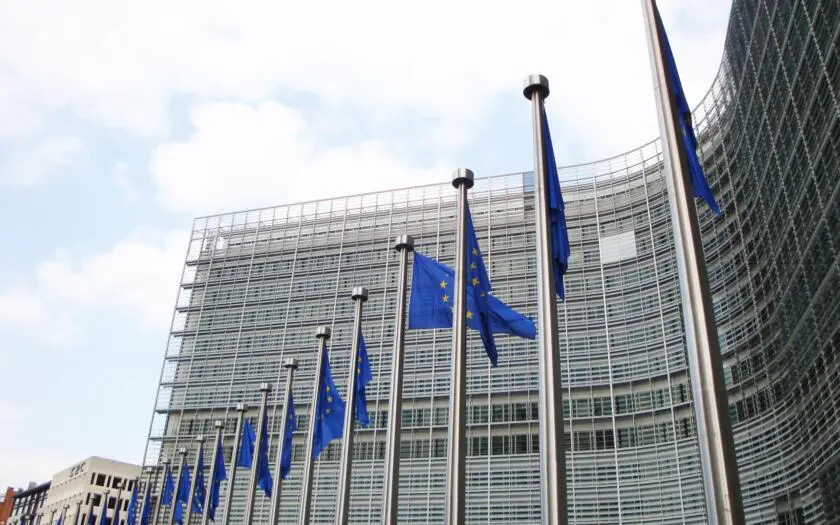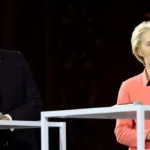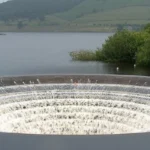
LIFE programme, new 400 million euro funding for green projects in the EU
The European Commission has approved 171 new projects across Europe under the LIFE program for environment and climate action, worth more than €396 million. Thanks to the co-financing needs, the program will mobilize a total investment of over €722 million, which represents an increase of 28.5% compared to last year. Projects from almost all EU countries will benefit from EU support under the following sub-programmes: nature and biodiversity, circular economy and quality of life, climate change mitigation and adaptation, and the clean energy transition.
LIFE projects contribute to the achievement of the broad range of climate, energy and environmental objectives of the European Green Deal, including the EU’s objective to become climate neutral by 2050. They support biodiversity and nature restoration, improve the quality of lives of Europeans by reducing pollutants and greenhouse gas emissions, increasing circularity in the economy and resilience to climate change and accelerating the transition to clean energy across Europe.
Examples of subsidized projects
One of the largest nature and biodiversity projects involves 13 EU Member States and other European countries addressing the issue of bycatch in the waters of the North Atlantic, Baltic and Mediterranean. Led by the Netherlands, the project aims to minimize, and where possible eliminate, bycatch in the affected regions, in line with the EU’s 2030 biodiversity strategy.
To promote a more circular economy and quality of life, a project in Bulgaria will promote sustainable consumption, prevention and separate waste collection, involving local authorities, businesses and citizens. The project aims to show how traditional landfill disposal in Bulgaria can be replaced by new door-to-door waste collection and recycling systems.
In support of climate change mitigation, a French project aims to demonstrate the technical and economic feasibility of an innovative and cost-efficient photovoltaic system before bringing it to market. The technology consists of bifacial solar panels suspended above unexploited sites such as canals, reservoirs and reservoirs. This technology will help generate more renewable energy, reduce greenhouse gas emissions and reduce competition for land use.
A new multinational project will also support the transition to clean energy in the HORECA (hotel, restaurant, catering) value chain in seven EU countries. The project aims to train over 500 workers and involve around 10 000 stakeholders in the hotel and restaurant sector to save energy equivalent to 390 million light bulbs per year.
The new projects: nature and biodiversity
29 nature and biodiversity projects, with a total budget of almost €211 million (of which around €140 million from the EU) will restore freshwater, marine and coastal ecosystems and habitats; improve the conservation status of birds, insects, reptiles, amphibians and mammals; improve governance; support the implementation and enforcement of relevant EU legislation, such as the Birds and Habitats Directives and the EU Biodiversity Strategy for 2030. By doing so they will also contribute to the EU’s implementation of the Agreement Global Biodiversity Conference in Kunming/Montreal (COP15).
The new projects: circular economy and quality of life
LIFE projects will mobilize over 298 million euros, of which over 94 million euros will be made available by the EU to contribute to the circular economy and improve the quality of life.
A total of 36 projects will focus on water use, electrical waste, chemicals, air and noise pollution to help improve the quality of life of EU citizens and develop technologies to support the plan action for the circular economy.
Furthermore, five projects will improve environmental governance and information by enabling consumers to live toxic-free and make sustainable food choices, and by helping municipalities adopt best practices in waste management and implement the Green City Accord. The EU will contribute around 6 million euros for a total project budget of almost 10 million euros.
The new projects: mitigation and adaptation to climate change
In total, 34 projects worth around €110 million (of which the EU will provide around €65 million) will contribute to climate change mitigation, climate change adaptation and governance and information on the effects of climate changes. They will promote the implementation of European climate legislation and the EU climate change adaptation strategy by facilitating the transition towards a climate-neutral, sustainable and resilient European economy.
These projects concern, among other things, the reduction of greenhouse gas emissions; carbon absorption in agricultural and forestry lands; sustainable food systems; renewable energy and energy efficiency improvements; climate-friendly alternatives to fluorinated greenhouse gases; adaptation to climate change in urban and rural areas, as well as greater preparedness for extreme weather events such as heat waves and floods.
The new projects: transition to clean energy
67 projects with a total budget of over €102 million (of which around €97 million made available by the EU) will improve market and regulatory conditions in the EU for the clean energy transition, in particular by promoting and spreading energy efficiency and small-scale renewable energy solutions.
These projects support the implementation of the energy efficiency and renewable energy policies set out in the REPowerEU plan and the 55% Ready package, as well as the overall objectives of the Energy Union.
This article is originally published on esgnews.it





